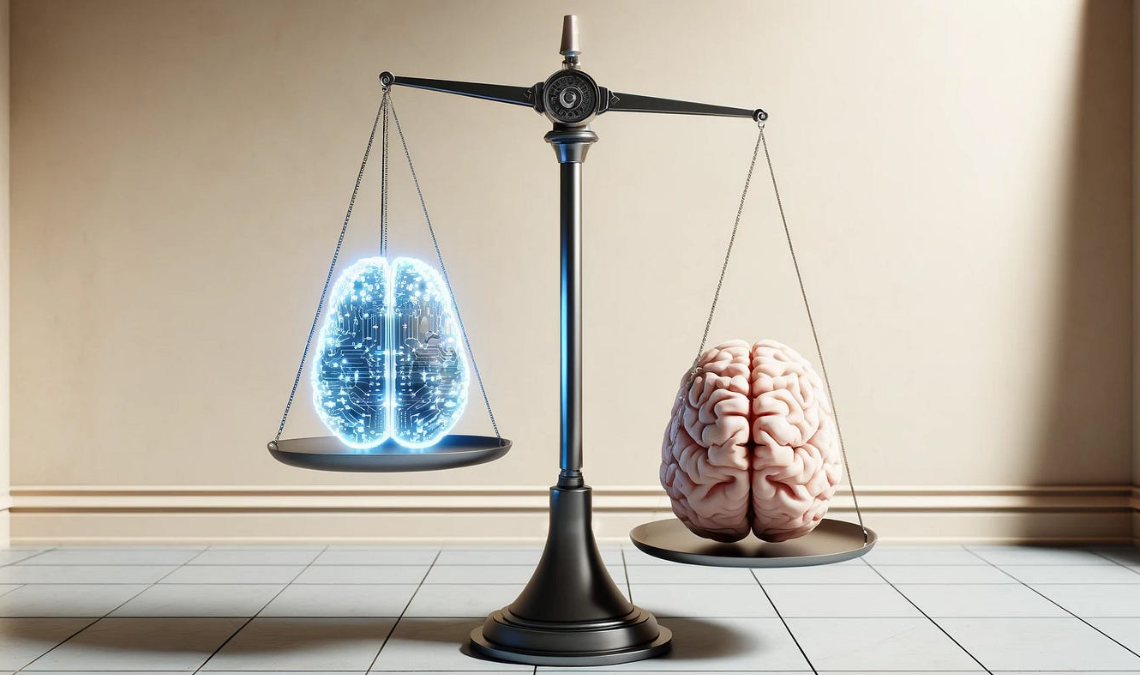
Is Overreliance on AI Quietly Weakening the Core Skills That Make Us Uniquely Human?
Artificial Intelligence has quickly transitioned from a futuristic notion to a daily tool that shapes the way we work, learn, and interact. An AI personal assistant schedules our appointments; generative models draft our email or create designs, breaking them down into simplistic tasks of cut, copy, and paste. AI is becoming embedded into our daily lives. This advancement can increase productivity, but we also risk becoming too reliant on AI and losing critical human abilities we developed over thousands of years. Declining Problem-Solving Skills
Problem-solving is often the first casualty of heavy AI dependence. Algorithms instantly provide answers, reducing engagement with complex challenges. Such ease lowers independent thought, pivotal to innovation and robustness. Lots resort to ‘AI says so,’ establishing a passive relationship with data. Chances for trial-and-error problem-solving become fewer and farther between in AI-reliant settings.
Reduced Critical Thinking
Critical thinking involves challenging assumptions, considering sources, and making rational conclusions. AI frequently generates biased or fallacious results despite its capacity. Taking outputs for granted might mean embracing fallacious outlooks. Critical analysis capacities weaken significantly over time. The loss affects political, ethical, and scientific knowledge decisions that require nuance.
Memory and Information Retention
Before the digital era, individuals depended on memory for retrieving important facts. AI search technology today provides immediate answers, diminishing memory recall. Research indicates available information deters long-term storage in memory. This “digital amnesia” constrains deeper learning and conceptual linkages. Overreliance on external aids compromises natural recall capability, particularly in complicated problem situations.
Creativity Under Constraint
AI-generated content accelerates creative output but risks narrowing originality. Pre-trained algorithms favor familiar patterns, limiting unconventional thinking. Writers may unconsciously adapt to AI’s stylistic tendencies. Artists could lose their unique voice over repeated AI-assisted projects. Over time, originality may give way to predictable, machine-influenced styles.
Social and Emotional Skills
AI alters how humans interact socially. Chatbots and virtual companions simulate connection without genuine reciprocity. Excess usage diminishes empathy, patience, and conflict management. These losses compromise interpersonal ties and social resilience. Emotional satisfaction may be diverted to artificial systems instead of human interaction.
Decision-Making Fatigue
AI works to ease decision fatigue by automating. Relying constantly, however, can diminish personal judgment. Individuals may rely on AI even for decisions that change their lives. Independent decision-making confidence may lose a lot of ground. The lack of accountability may also become a grave aftereffect.
Balancing AI Use and Human Skills
Avoiding these negative impacts requires intentional daily habits. AI should serve as an assistant, not a replacement. Use it for data gathering while retaining control over conclusions. Practice mental exercises and solve problems without technology. Prioritize face-to-face interactions to maintain empathy and communication skills.
In education and workplaces, AI literacy should complement traditional skills. Teach users how to operate AI effectively and evaluate its outputs critically. Encourage reasoning, creativity, and emotional intelligence alongside digital competence. Balanced approaches preserve essential human skills while leveraging AI advantages.
Final Thoughts
AI is a powerful transformative force, and unchecked reliance on it diminishes problem-solving, critical thinking, and creativity skills – everything that makes humans unique as a species. Although AI can be complementary to human ability, rather than replacing it, using it in a limited way may help nullify the adverse effects. By safeguarding essential skills, society can enjoy technology without sacrificing core intellectual and social capacities.


